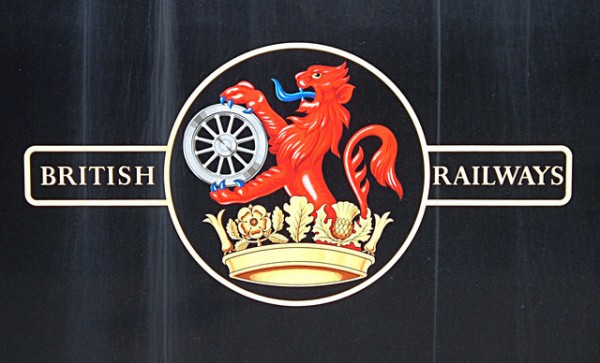Bring back British Rail
 The fifth day of November is remembered in history for more than one thing. Not only was it the day in 1605 one Yorkshireman called Guido Fawkes was arrested in the cellars of Parliament with lots of black powder, it was also the day in 1993 when Parliament passed the Railways Act.
The fifth day of November is remembered in history for more than one thing. Not only was it the day in 1605 one Yorkshireman called Guido Fawkes was arrested in the cellars of Parliament with lots of black powder, it was also the day in 1993 when Parliament passed the Railways Act.
The Act provided for the restructuring of the British Railways Board (BRB), the public corporation that then owned and operated the national railway system. A few residual responsibilities of the BRB remained with BRB (Residuary) Ltd., which was itself abolished in 2011.
The legislation enabled the Secretary of State for Transport John MacGregor to transfer separated parts of the railway to the private sector. Passenger rail services were franchised to private companies including Virgin, FirstGroup and the coach companies Stagecoach and National Express. In addition, the national railway track and signalling company Railtrack was floated on the London Stock Exchange in 1996. British Rail’s track maintenance and renewal operations were sold to private companies, with contracts to provide infrastructure services to Railtrack. The three rolling stock leasing companies or ROSCOs, owners of the passenger rolling stock, were sold to management buy-out teams.
Returning to the Act itself, it was a shambolic excuse for an act of parliament. Such was the level of tinkering involved, it became the second most amended piece of legislation in history. The Act has also been amended several times since then, most significantly by the Transport Act 2000, the Railways and Transport Safety Act 2003 and the Railways Act 2005.
However, that’s not all: it set Britain’s railway back by more than two generations.
We’re now in a situation where there’s no joined up thinking on the railway. Train operating companies have regional monopolies and if your journey involves the services of more than one operator, it’s unlikely your connecting service will be held for you to catch should your preceding train be running late.
The railways were nationalised in 1948 because the ‘Big Four’ national regional railway companies – Great Western Railway, London and North Eastern Railway, London, Midland and Scottish Railway and the Southern Railway – plus 55 other railway undertakings were making such a dreadful mess of running the rail system.

We’re back in that state once again. We were in that state before the 1997 general election, in the run-up to which the Labour Party frequently promised to renationalise the railways, a promise upon which it then reneged once elected.
On this 20th anniversary of rail privatisation it’s appropriate to draw attention to the work of Bring Back British Rail. Founded in 2009, Bring Back British Rail strives to popularise the common-sense idea of renationalising the ludicrously over-priced and over-complicated railway system, which the people of Britain have been left with as the result of the Major government’s privatisation. Its aim is to unite disgruntled rail passengers and disheartened rail employees all over the country, to demand a re-unified national rail network run for people instead of profit.
Give it your support.